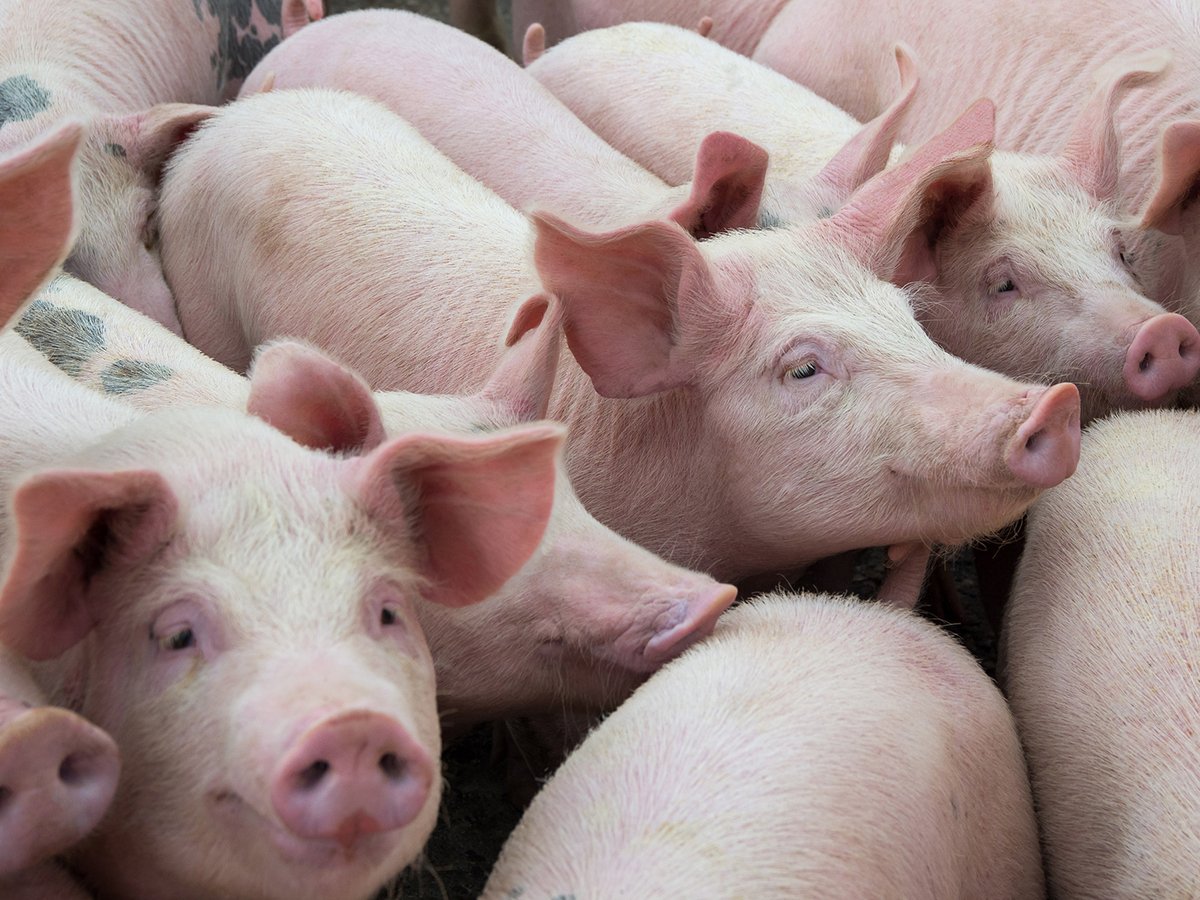REGINA — Grain Growers of Canada said promises in the Liberal agriculture platform don’t go far enough to help farmers affected by Chinese tariffs and the ongoing threat of tariffs from the United States.
Executive director Kyle Larkin said farmers appreciate the plan to increase the cap on AgriStability payments from $3 million to $6 million permanently and to enhance the Advance Payments Program but those will not compensate producers for real losses.
Follow all our Federal Election 2025 coverage here
Read Also

Quebec pork company calls for transparency around gene-edited pigs
Quebec-based pork company duBreton is calling for transparency around meats from gene-edited pigs on concerns that a lack of mandatory labelling will confuse consumers, and dilute certification claims. The organic sector is also calling for labelling rules.
He said he met with agriculture minister Kody Blois prior to the election call and told him that.
The Chinese tariffs on canola meal, oil and peas will cost billions, Larkin said.
“Those losses are a direct result from a government of Canada decision and that’s why we believe that the government of Canada needs to compensate producers for the losses that they will or already have incurred,” he said.
The levies came in retaliation after Canada imposed 100-percent duties on Chinese electric vehicles.
Other Liberal promises include an extra $30 million for AgriMarketing, which is needed in this time of global trade uncertainty, Larkin said, and a $200-million Domestic Food Processing Fund designed to establish more processing in rural and remote areas.
Larkin said that amount is “a drop in the bucket” when considering how much facilities cost to build.
Food and Beverage Canada (FBC) CEO Kristina Farrell said processors appreciate the Liberals recognized the need to boost domestic capacity but also said the amount is insufficient.
“Food and beverage manufacturing is the largest manufacturing industry in the country, both by GDP and by employment,” she said. “To be able to adequately support the needs of the industry, especially in the face of the trade challenges with the United States and China, this fund would need to be sufficiently resourced.”
In its list of election priorities, FBC called for a fund dedicated to food and beverage manufacturing modernization. The organization said the specialized fund should drive investments in equipment, automation, sustainability and innovation so that manufacturers can remain competitive.
“Critically, the size and scope of this fund must be sufficient to meet the real needs of the industry, recognizing the capital-intensive nature of building, operating and modernizing food and beverage manufacturing facilities,” it said, adding it should be accessible to companies of all sizes.
Larkin said the addition of $30 million to the Agricultural Clean Technology program would have been better spent elsewhere because the program picks winners and losers based on who can afford to buy a new grain dryer, for example. He suggested it could have gone toward public plant breeding research that would benefit grain farmers across the country.
Finally, the Liberal platform states unequivocal support for the supply managed system and that it won’t be on the table during future trade negotiations.
GGC opposed Bill C-282, which, although it didn’t make it fully through the legislative process, ignited a strong debate over its intent to protect supply management in trade talks.
“Our message during 282 and continues to be now that everything needs to be on the table so that we can create the best trade agreements possible. And if there are ever losses on the supply management side of things of course those producers are going to be compensated. We’re not saying that supply management in any way needs to be sacrificed but it needs to be on the table,” Larkin said.
Last week U.S. President Donald Trump complained about high tariffs Canadians place on American dairy products, but then did not impose any reciprocal tariffs. American exports to Canada have not reached the quota levels under which they can enter tariff-free.
Contact karen.briere@producer.com


















